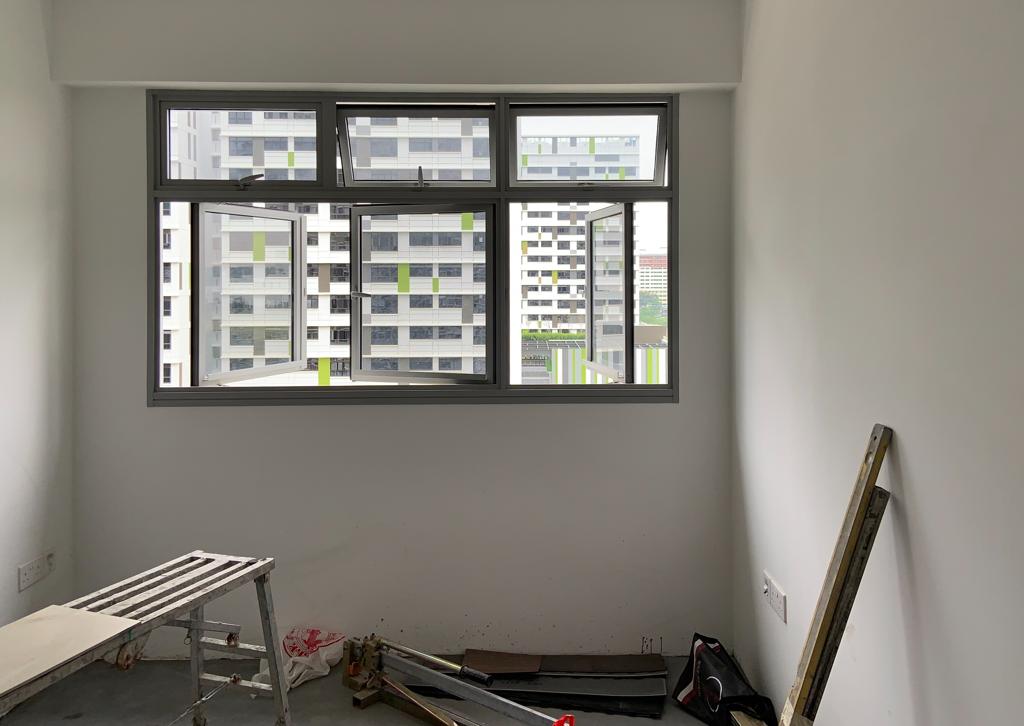Owning a home may not be as easy as hiring an agent and signing the papers. There are many nuances to property ownership–some of which, when not observed properly, may land you in a pickle! It’s probably why you may have heard of ugly disputes in a property transaction between buyers and sellers in residential/commercial real estate, sometimes even between family members.
In a sharing session by Fortis Law Corporation, property lawyers share the five most common property disputes they’ve seen. Fortis Law’s practice areas cover wills and trust, estate administration, family law, and more.
Dispute #1: Property disputes relating to inherited property
What it is: Issues may arise when a property is passed down from one generation to another, especially if the estate planning was not done properly by the deceased before his/her passing. Family members may also be dissatisfied with the share of the property they inherited
Scenario A: When the surviving spouse is an occupier, not an owner
In one case shared by Fortis Law, a local man had passed without a will. Under Singapore law, this means his assets—including the five-room HDB flat they stayed in—will be split between his wife and three children.
Unfortunately, neither his wife nor children can take over the flat. This is because all his children own flats of their own, while his wife was listed as an occupier. The flat either needs to be sold, or transferred from the three children to their mother. The latter is preferred as she is still living in said flat. However, the three children refused to do so and sold the flat for a profit. The mother was put in an old folk’s home.
Scenario B: When death occurs before a will or legal proceedings are finalised
A husband and wife was undergoing divorce. However, before the divorce settlements were finalised, the man committed suicide. As he did not leave a will, and they had no children, their three-room flat in Bedok North was split between his wife and parents. As they were not on good terms, this caused another issue.
How to prevent it: Never assume your family will make the same decisions as you. Property owners need to make a will and update it regularly. One should engage a lawyer to write a will. He/she will also advise you on choosing the executors of the will and ensure the beneficiaries aren’t present during the making and signing of the will.

Dispute #2: Property disputes relating to title of property
What it is: The title of a property is traced back to the time the property was purchased. Issues may arise when the title of a property is not in order, or when co-owners claim more than what they are entitled to.
Scenario A: Joint tenancy gone wrong
A HDB flat is co-owned by a mother-daughter duo. As the mother could not take a bank loan due to her age, the daughter signed on to secure financing. Unfortunately, there was unhappiness between the two and they wanted to part ways. Although the daughter wanted to sell the HDB flat, the mother demanded 80% share of the HDB profits. The daughter refused as she had been paying most of the installments.
READ ALSO: How Nigeria Can Unlock $900bn Dead Capital To Address Stimulus Gap
Scenario B: A joint tenancy that ended with a lawsuit
A joint tenancy between mother and son turned sour when allegations of child abuse (occurring between mother and grandson) were brought to light. When the son wanted to move out and proposed selling the flat, his mother wanted 100% of the flat proceeds. They tried many ways to ensure a fair split between the two, but the mother insisted on having a large portion of the proceeds. Unfortunately, this resulted in the son suing his mother. The court ordered the flat to be sold, and the son to receive 75% of the proceeds.
Scenario C: Buying a property from a bankrupt
A Fortis Law client wanted to purchase a Katong penthouse at $3.5 million, which was below its actual value of $5 million. Investigations by the law firm concluded that the seller was a bankrupt and therefore cannot complete the sale without the approval of authorities. Luckily, the bankrupt confirmed that he had received permission to sell the property at $3.5 million. If he hadn’t, this would affect the transfer of the property—a hefty price to pay if the deal had gone south!
How to prevent it: When doing co-ownership, know the nuances before signing the dotted line. All owners should enter a contract prior to purchase. Understandably, most family members do not–and a verbal understanding is often inadequate, for obvious reasons.
Another thing to note is that buyers are advised to carry out proper investigations into the title of the property, via your conveyencing lawyer. Doing so might unearth some details that every buyer should know. For example, if a property is owned by a bankrupt—which comes with its own set of laws—or if it was gifted to the current seller. For the latter, the buyer cannot purchase the property with a bank loan and banks do not finance gift properties.
Dispute #3: Property disputes between tenants and landlords
What it is: Often, there are disputes relating to commercial lease renewals or rent reviews such as the landlords unreasonably increasing the rent of the property.
On the other hand, tenants who fail or refuse to pay their rent or caused damage to the property may also find themselves in a dispute. As this is considered a breach of the tenancy agreement, the landlord can invoke their right to serve notice and demand payment (plus interest) of the rent. The landlord is also entitled to repossess the property.
How to prevent it: Expectations from each party should be clearly stated when tenants and landlords enter into tenancy agreements. Do not sign it without reading it fully and clarifying your doubts. Paper trails of rent records and any other financial documents related to the rent should also be kept properly.

Dispute #4: Property disputes relating to delays during the transfer of property
What it is: Issues can arise during renovation, in the event where there is a transfer from one contractor to another. Disputes can also happen with developers.
With Covid-19 in particular, the regulations in place may result in delays. In these cases, terms of extension must be spelled out properly in black and white. A contractor may give you a fairly simple contract but do not rely on this only. As renovation bills can be hundreds of thousands of dollars, you must ensure you have a detailed and robust contract that protects everyone’s interest.
How to prevent it: Only enter a contract with a BCA-licensed or -certified builder and developer. Get a lawyer to look through your contract before signing it. Check terms of contract before signing to ensure no hidden costs, and think about the damages you’d like to be entitled to in the event of delays. Ensure payment and delivery terms as well as timelines, are clear and understood by all parties. Any variation/changes to the original contract should also not be verbal, but in writing.
Also investigate developers and contractors to see if they have the ability to complete projects. How many projects have they successfully completed? Do they have pending litigations against them? Before buying a house, inspect it for any unauthorised works that might lead to disputes later on.

Dispute #5: Property disputes relating to joint ventures
What it is: This usually occurs when two or several groups of people come together for a joint venture investment.
How to prevent it: A joint venture agreement that is clearly drafted to protect all parties, as well as to govern the investment, is a must. These real estate investments involve large sums of money. Therefore, the agreement must set:
Credit: www.99.co




